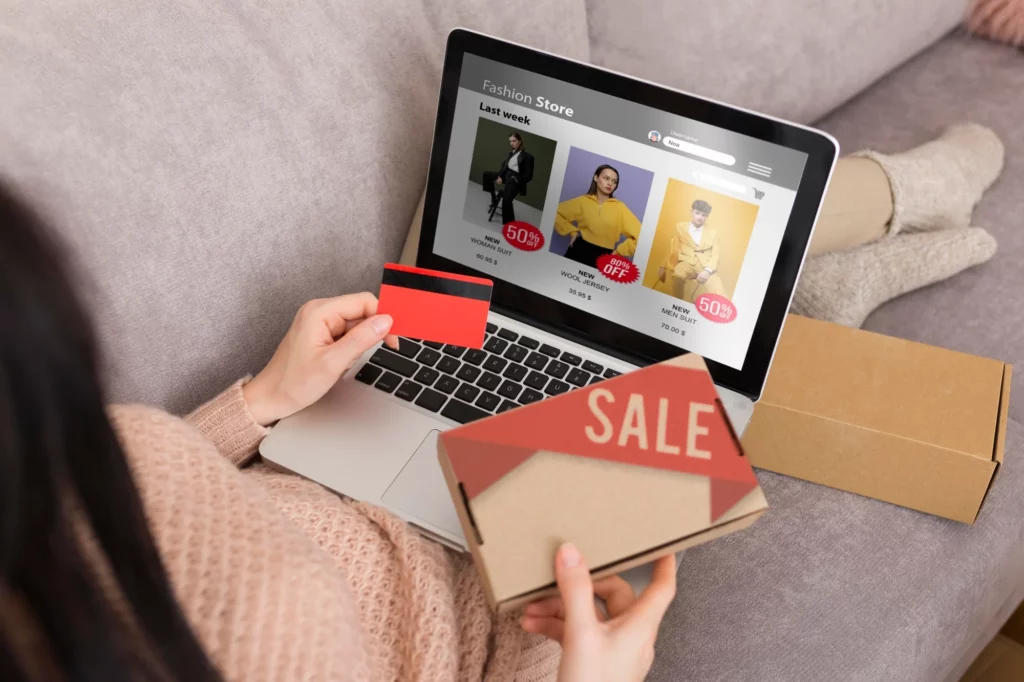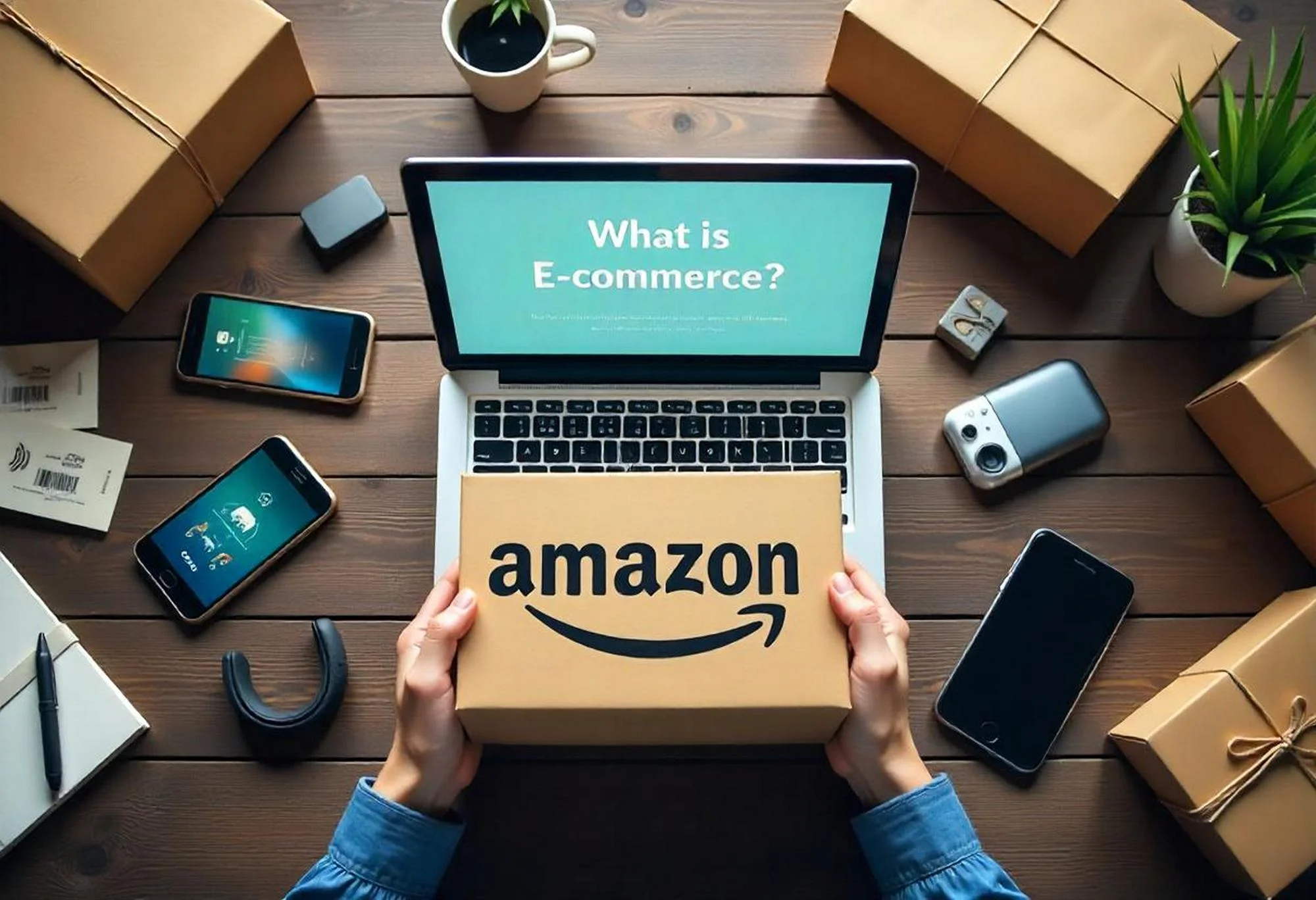In the crowded world of e-commerce, countless brands fight for the same customer’s attention. Yet, Amazon consistently emerges on top, turning one time shoppers into lifelong loyalists. This isn’t luck it’s a deliberate, data-driven strategy that blends innovation, personalization and customer trust at a scale no competitor has matched. The real question is: how does Amazon make you come back even when you didn’t plan to buy anything?
The Power of Obsession
Jeff Bezos once famously said, “We’re not competitor-obsessed, we’re customer-obsessed.” This is not corporate jargon it’s Amazon’s operating system. Every product tweak, every logistics decision, every feature on the site starts with a single question: “Will this make life better for our customer?”
- Example : Amazon Prime wasn’t designed to sell more subscriptions it was designed to remove the friction of shipping fees and delays. The result? Prime members spend on average 2.5x more than non members globally.

The Three Pillars of Repeat Loyalty
Personalization at Scale
Amazon knows what you want sometimes before you do. AI-driven recommendation engines track browsing, past purchases, and even patterns from similar users. This transforms a simple search into a curated shopping experience.
- Data Point: McKinsey reports that personalization can drive 10–15% revenue lift. For Amazon, with over $575 billion in projected 2025 revenue, that’s a staggering competitive edge.

Convenience Without Compromise
From one-click ordering to same-day delivery, Amazon relentlessly eliminates friction. In many cities, grocery orders via Amazon Fresh arrive within hours, making traditional weekly shopping almost obsolete.
Voice Commerce: Alexa integration lets customers reorder items without even touching a screen.
Logistics Mastery: Their 1,100+ fulfillment centers worldwide create a distribution web that rivals national postal systems.
Trust at Every Step
Amazon’s A to Z Guarantee removes purchase anxiety. Their no questions asked return policy and transparent reviews build confidence.
Cultural Note for MENA: In markets where online fraud concerns are high, this trust factor has been crucial for Amazon’s rapid adoption.

Beyond Retail: The Ecosystem Effect
Amazon isn’t just a store; it’s a lifestyle platform. Kindle, Audible, Prime Video, and AWS create multiple touchpoints. Every service makes it harder for a customer to leave, a strategy known in business psychology as the “golden handcuffs”.
Example: A Prime member might watch a movie on Prime Video, buy the book on Kindle, and then order related merchandise all within Amazon’s universe.
Why Competitors Struggle to Copy This
It’s not enough to offer free shipping or fast delivery. Amazon’s advantage comes from decades of infrastructure investment, deep tech integration, and a culture of reinvention.
Stat: In 2024 alone, Amazon invested over $64 billion in technology and logistics more than most competitors’ total annual revenue.
Lessons for Entrepreneurs and Leaders
- Start with the customer, work backwards.
- Build systems, not just products.
- Invest in trust it compounds like capital.
Even small businesses can apply these principles by obsessing over customer feedback, streamlining the buying process, and creating touchpoints that make customers return.
Conclusion
Amazon’s secret isn’t a single tactic it’s an operating philosophy: remove every barrier between the customer and their goal. In a digital economy where switching costs are low, Amazon makes staying the easy, obvious choice.
The future? Expect Amazon to push further into AI-driven shopping, hyper-localized fulfillment, and frictionless payment experiences. For competitors, the lesson is clear: don’t chase Amazon chase your customer.
FAQ
Is Prime still Amazon’s biggest loyalty driver?
Yes. With over 230 million members worldwide, Prime remains the backbone of repeat purchases.
How does Amazon maintain trust in new markets?
By adapting return policies, offering cash-on-delivery options, and localizing content.
Can smaller retailers replicate Amazon’s strategy?
Not in scale, but in principle—yes. Focus on personalization, convenience, and trust.






